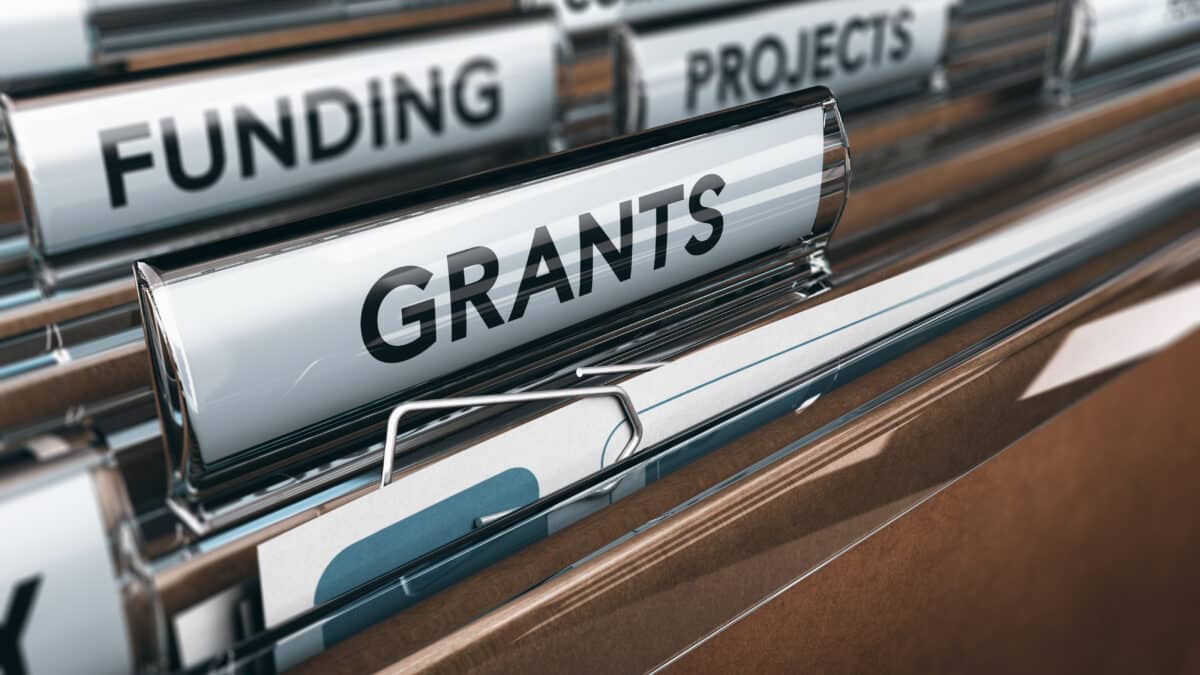
The Art of Research Transcription: Beyond Words to Nuances, Emotions, and Non-verbal Cues
August 23, 2023
The Value of Outsourced Transcription Services for Qualitative Researchers: A Deep Dive into Transcript Types
August 25, 2023The Intersection Between Research Grants and Outsourced Transcription Services: A Guide for Researchers
Two seemingly disparate elements often intersect in the intricate research world: research grants and outsourced transcription services. At first glance, they might appear unrelated but delve a little deeper, and their connection becomes clear. Understanding this relationship can be invaluable for researchers navigating the complexities of grant applications and data management. Let’s explore this intersection and what every researcher should know.
The Role of Transcription in Research
Before diving into the intersection, it’s essential to understand the role transcription plays in research. Transcription involves converting spoken language, routinely from audio and video recordings, into written text. For researchers, this often means transcribing interviews, focus groups, lectures, or any other recorded verbal data. The transcribed data becomes a valuable resource, allowing for more in-depth analysis, easier sharing, and long-term archival.
Why Outsource Transcription?
While researchers can transcribe data themselves, it’s a time-consuming process that can divert attention from core research activities. Outsourcing offers several benefits:
- Expertise: Professional transcriptionists know how to handle different accents, dialects, and technical jargon.
- Time-saving: Outsourcing allows researchers to focus on data analysis and other critical tasks.
- Accuracy: Professional speech-to-text services often deliver a high level of precision, ensuring data integrity.
- Cost-effective: Outsourcing can be more economical in the long run when considering the time saved and potential errors avoided.
The Intersection with Research Grants
Research grants are financial awards given to support specific research projects. They cover various expenses, from equipment to salaries. So, where do transcription services fit in?
- Budgeting: When drafting grant proposals, researchers should anticipate all potential costs. If transcription is a foreseeable need, be sure to include it in the budget proposal. This ensures that if you receive the grant, there are designated funds for transcription.
- Accessibility and Compliance: Some grants, especially governmental ones, may have accessibility requirements. Transcriptions can ensure that any produced multimedia content is accessible to those with hearing impairments.
- Data Analysis: For qualitative research involving interviews or focus groups, transcription is a crucial step before data analysis. Grant reviewers understand this and expect to see it reflected in the budget if relevant.
Points to Consider
When intersecting grants with transcription services, researchers should:
- Read Grant Guidelines Carefully: Not all grants will cover outsourced services, or there might be caps on certain expenditures. Ensure transcription costs align with grant guidelines.
- Justify the Expense: In the proposal, clearly explain why transcription is necessary for the project and why outsourcing is the best option.
- Choose a Reputable Service: If you get the grant, ensure you choose a transcription service known for accuracy and reliability. Remember, the quality of your transcribed data can impact your research outcomes.
- Maintain Clear Records: For transparency and potential audits, keep clear invoices and records from the transcription service. This demonstrates that you used the funds appropriately.
The Bigger Picture
The relationship between research grants and transcription services underscores a broader theme in research: the importance of meticulous planning and resource allocation. By understanding how these elements intersect, researchers can ensure they’re maximizing their grant’s potential and maintaining the integrity of their work.
Athreon’s Research Transcription Service Helps You Stretch Your Grant Dollars
In conclusion, while transcription might seem like a minor detail in the vast landscape of research, its implications are profound. As researchers, ensuring the accuracy and accessibility of your data is paramount. If you’re looking for a transcription service that stands out in terms of accuracy, speed, security, and affordability, consider Athreon’s qualitative research transcription service, Trans|IT. It’s no surprise that researchers rate Trans|IT as one of the best transcription companies in the field. Beyond its core transcription capabilities, Trans|IT offers a highly customizable speech-to-text solution, ensuring that it aligns perfectly with your specific research needs. Moreover, its compliance with IRB requirements and user-friendly technology ensures that researchers can work efficiently and with peace of mind. Dive into the world of Trans|IT and elevate the quality and efficiency of your research transcription process.





